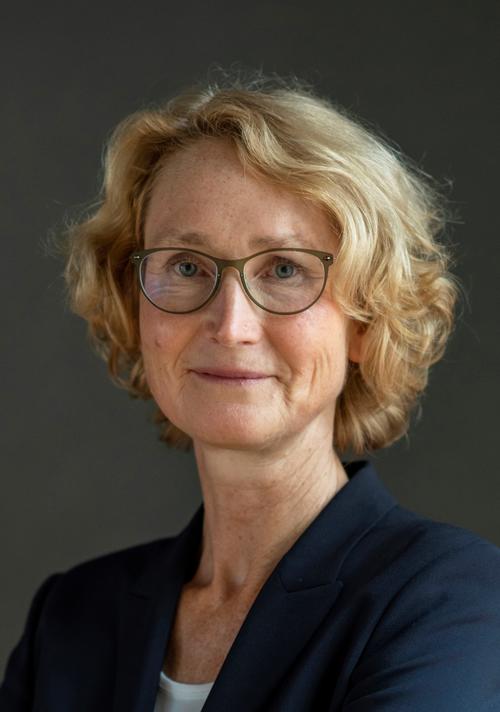23rd Einstein Lecture: Prof. Dr. Katrin Böhning-Gaese
Biodiversity and People in the Anthropocene
Nov 05, 2024
The Anthropocene – otherwise known as the age of humans – has seen a dramatic acceleration in many socio-economic and ecological processes. One consequence of this is the loss of biodiversity. In her lecture, Katrin Böhning-Gaese will present research findings from Europe and Africa that lay bare the causes and consequences of biodiversity loss. This loss not only affects ecosystems, but also has serious consequences for human well-being and life as we know it.
But can scientists do more than simply point out these problems? Current models and future scenarios for biodiversity development provide an indication of what can be done to stop the decline. Potential measures include establishing protected areas and transforming how we approach agriculture and food systems. Using the example of newly established protected areas in the Global South, Böhning-Gaese will illustrate how we can select particularly valuable areas of the Earth for conservation. She will also explain how biodiversity can be preserved and increased once again on agricultural land both here in Germany and in other regions of the world.
Professor Katrin Böhning-Gaese is scientific director of the Helmholtz Centre for Environmental Research and professor for biology at Goethe University Frankfurt. From 2010 to 2024 she was director of the Senckenberg Biodiversity and Climate Research Center. She won the prestigious German Environmental Award in 2021. Böhning-Gaese researches how climate change and land use change affect biodiversity and ecosystems, as well as what role biodiversity plays in human well-being. As a member of the German National Academy of Sciences Leopoldina and the German Federal Government’s Council for Sustainable Development, she also is actively engaged in the political and social spheres as a consultant.

